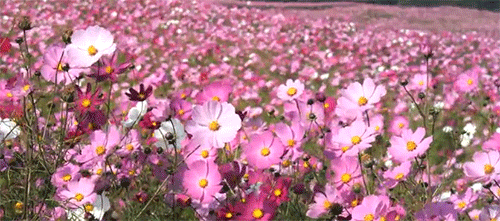Frizzy Lizzy
It's great to see you again! Come on in and pull up a chair. The coffee is fresh. Speaking of fresh, Charley's in the yard. No, he's not all that fresh, but he'll do until something better shows up.
I know when it's autumn because I see the squirrels and chipmunks hiding their nuts. I wish that I could speak their language. I would ask them to get rid of a few of my cousins and their folks. Then again, the way Charley's been lately, it's like he's hidden his nuts, too. But I digress.
There's been a decided nip in the air. I prefer my nips to be good whiskey in a glass, over ice.
It's also the start of hunting season around here. Now I live in the country and everyone has guns and they all hunt. All is well until the city folk come out here to hunt. They spend all kinds of money on guns and ammunition and red vests and licenses to hunt and I tell you, they don't have a shred of sense.
I believe that they are so stupid that if they saw a sign that said, “No Trespassing – Fine for Hunting” they would toss a coin to decide which one applied to them!
Over the years some farmers around here were losing livestock to hunters who shot at everything that moved. It got really bad during deer hunting season.
Last year old Marsteller from down the road here made signs to put on his animals. He took canvas and spray painted the name of the animal on it. For his sheep he made signs that said “sheep.” On his cattle he put signs that said “cow.” And over in his pigsty he put signs on all four sides of the fence that is was a hog wallow with pigs inside.
He was feeling pretty good about all his signs so he made one for his tractor and put the brand name of the tractor on it. That tractor was a “John Deere.” Wouldn't you know it? Some fool took a shot at it!
Charley has a really nice rifle and warm boots and all the stuff he needs to go deer hunting. Every year he goes to hunting camp for the two weeks of buck season but he never comes back with a deer, just a hangover and a lighter wallet from drinking beer and losing at poker.
Oh, before I forget to ask, what do you think I should do with my free time now that I have retired? Go to work driving a school bus, work part-time as a teacher's aide, or go back to school to earn a degree in squirrel counting. I really need to hear from you to help make my decision. Come on, now. Speak up!
Oh, I see him now. He's motioning for me to come outside to help him. I had best be paying him some attention so I'll see you later. Thanks for dropping-in. Have a great weekend. See you later!
I hope you have enjoyed this weeks instalment of Frizzy Lissy. I welcome comments, and questions for they are valuable to me. Thank you
✿ڰۣ❤ In Loving Light from the Fairy Lady ✿ڰۣ❤












.gif)






















.gif)




